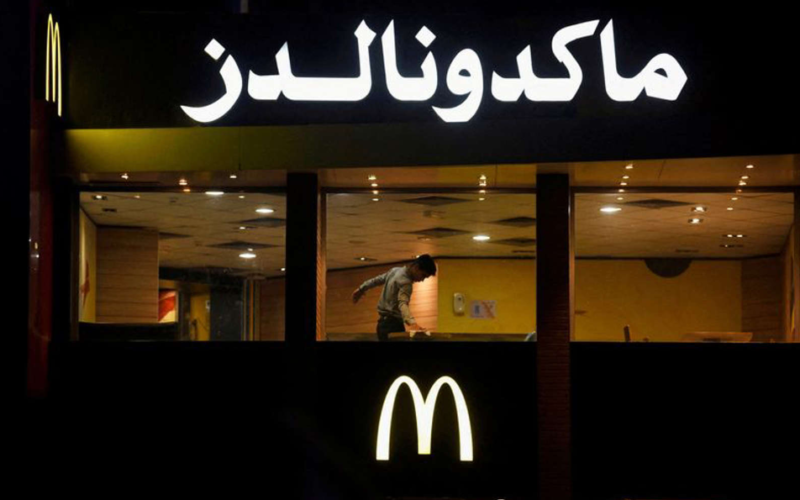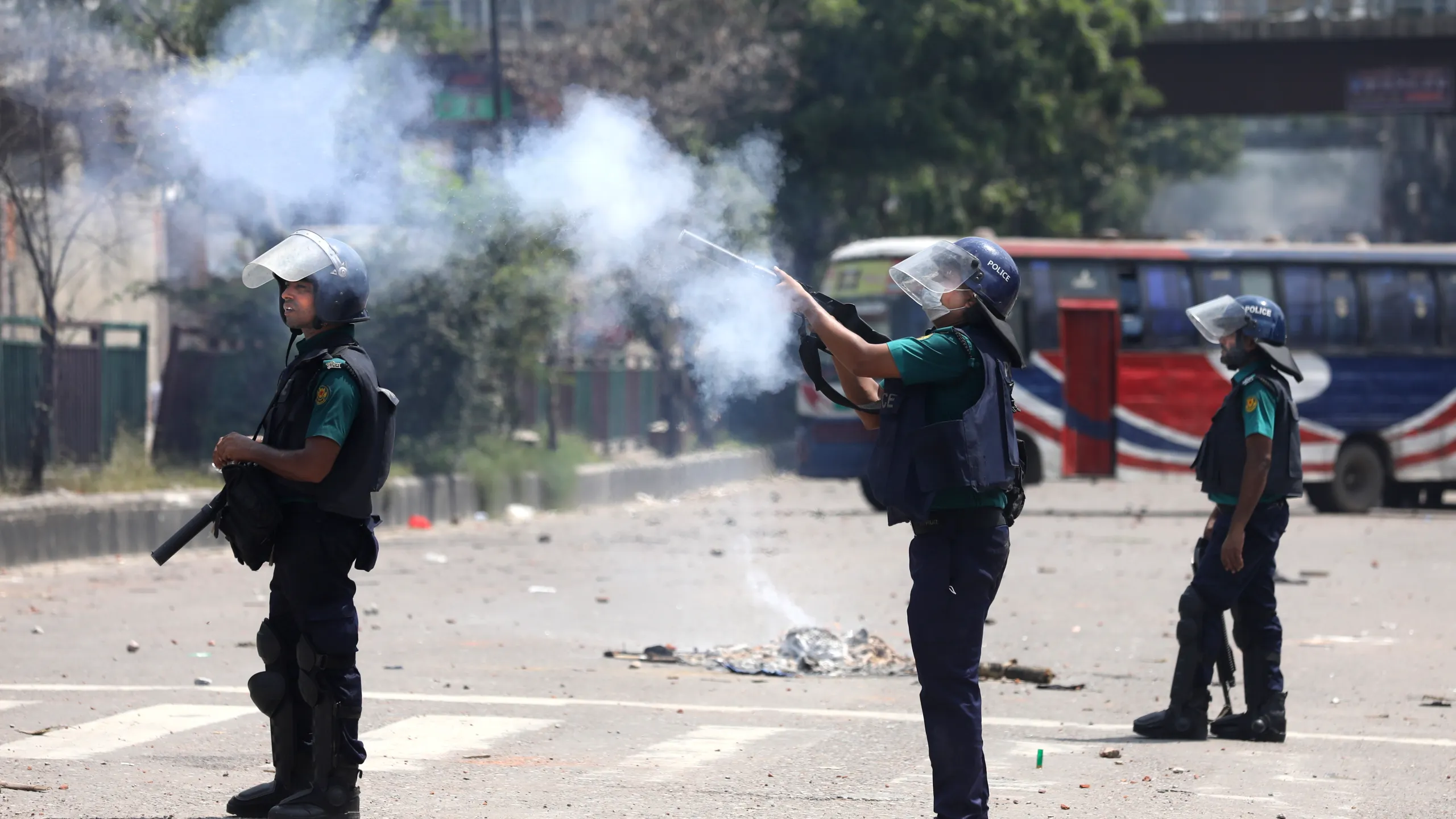Recent boycott campaigns in solidarity with Gaza are significantly impacting Western brands in several Arab countries, with notable effects observed in Egypt, Jordan, Kuwait, Morocco, and beyond. The campaigns, spurred by pro-Palestinian sentiment, target companies perceived to have taken pro-Israeli stances or alleged financial ties to Israel. Western fast-food chains, including McDonald’s, Starbucks, and KFC, are among the affected businesses.
In Egypt and Jordan, where security restrictions limit street protests, the boycott is viewed by some as an effective way to voice opposition to perceived pro-Israeli positions. Social media has played a crucial role in circulating boycott calls, expanding the list of targeted companies and products. Shoppers are urged to shift to local alternatives, contributing to empty branches of Western brands in various regions.
The boycott in Jordan includes pro-boycott residents entering McDonald’s and Starbucks branches, encouraging customers to choose local alternatives. Social media campaigns also feature videos suggesting boycotts of well-known detergent brands used by Israeli troops. In Kuwait City, a tour of Starbucks, McDonald’s, and KFC branches found them nearly empty, indicating the widespread impact on various US brands.
Major brands, including McDonald’s and Starbucks, have responded to the boycotts. McDonald’s Corp emphasized its Egyptian ownership and pledged financial aid to Gaza, while Starbucks maintained its non-political stance and dismissed rumors of support for the Israeli government or army. Despite these responses, boycott campaigns continue to gain traction, affecting sales and prompting businesses to defend themselves.
The boycotts have resonated in countries where pro-Palestinian sentiment traditionally runs strong, reflecting a broader groundswell of anger over the severity of the Israeli military operation. The current military actions, causing a humanitarian crisis and substantial civilian casualties, have intensified public reactions, surpassing the impact of previous boycott campaigns.
Campaigners have pointed to specific actions by targeted brands, such as Starbucks suing its workers’ union over a post related to the Israel-Palestine conflict and McDonald’s Israeli franchise providing free meals to military personnel. Despite targeted brands attempting to retain business through special offers, boycott campaigns persist, and their impact extends beyond the Arab world.
Boycott calls have even reached Malaysia, where a McDonald’s branch reported a 20% drop in customers, and Grab, a ride-hailing app, faced calls for a boycott following controversial statements by its CEO’s wife expressing admiration for Israel. The impact of these boycotts highlights the interconnected nature of global brands and the potential influence of consumer sentiment on corporate policies.
While some remain skeptical about the effectiveness of boycotts, the unprecedented scale of the current aggression against Gaza has fueled a unique and widespread reaction, both on the Arab street and internationally. As these campaigns continue to gain momentum, businesses find themselves navigating a complex landscape where geopolitical issues intersect with consumer choices.








